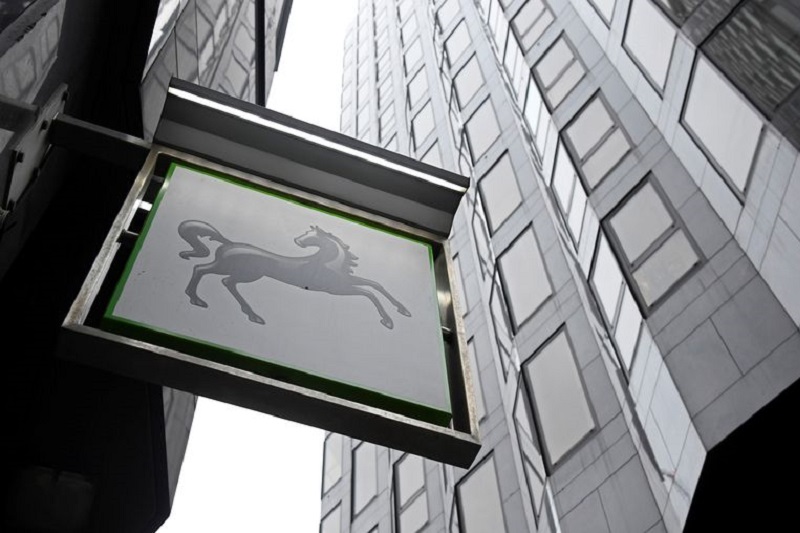JPMorgan cautious on European Utilities: Power-demand recovery a ’gradual process’
Invezz.com - Lloyds Banking Group (LON: LON:LLOY) share price has done well this year and is hovering near the year-to-date high of 60.66p. It has soared by over 200% from its lowest point in 2020.
It is up by almost 32% this year, beating the SPDR Bank ETF (KBE), which has jumped by almost 20%. The KBE fund holds some of the biggest banks and private equity companies like Jackson Financial, The Bancorp, Wells Fargo (NYSE:WFC), and Apollo Global Management.
Barometer for the UK
Lloyds Bank is a company that is often seen as a barometer of the UK economy because it is the biggest bank in the country. It does that through its 16 brands, including its eponymous brand, Halifax, Bank of Scotland, Scottish Widows, and Embark Group. It serves 27 million customers in the country and has no major presence abroad.
Lloyds’ performance this year happened because the UK economy did better than expected this year. Unlike in Europe and the United States, the manufacturing PMI remained above 51.5 last month, meaning the sector is growing.
The UK’s labor market has been fairly strong while inflation has moved to the Bank of England’s (BoE) target of 2.0%. Retail sales have also done well, which explains why stocks like Tesco (LON:TSCO) and Marks and Spencer (LON:MKS) have jumped to their record highs.
Other British banks have also done well. For example, NatWest (LON:NWG), another bank mostly doing business in the UK and Ireland, rose by over 65% this year. Banks like Barclays (LON:BARC), Standard Chartered (LON:STAN), and HSBC (LON:HSBA) rallied in 2024.
Lloyds Banking Group has also done well because of the actions by the Bank of England (BoE), which has maintained higher interest rates recently.
A company like Lloyds benefits when interest rates are high because they boost the net interest income. Its interest income has risen from over $22.3 billion in 2018 to over $35 billion in the last financial year.
Its net interest income jumped from $13.4 billion to over $16.9 billion in the same period. As a result, its total revenue jumped from $22.7 billion to $23.4 billion.
Strong shareholder returns
The Lloyds share price has done well because of its recent financial results. According to its financial statement, the company’s net income came in at £8.3 billion in the first half of the year from £9.18 billion in the first half of last year.
Lloyds Bank’s statutory profit dropped from £2.86 billion to £2.44 billion after tax. This performance happened even as the bank’s customer deposits rose to £474.7 billion.
The bank has rewarded investors in the past few months as it boosted its dividends and share repurchase program.
It hiked its dividend to 1.06p, a 15% increase from what it gave last year and committed to continue returning money to investors. It will do that by lowering its CET ratio from the current 14.% to 13.5% by the end of this year and 13% by December 2026
Looking ahead, the next important catalyst for the Lloyds share price will be its earnings scheduled for October 23rd. These results will provide more information about the company’s progress and what to expect in the last quarter of the year.
The best case for Lloyds Bank is its strong dividend, profitability, and its credit quality. It has a dividend yield of over 3%, while its profits are robust. Also, the company has some of the best credit ratings in the UK. Fitch has given it a long-term rating of A, while Moody’s and S&P have a rating of A3 and BBB+.
Lloyds share price analysis
The daily chart shows that the LLOY share price has done well this year. Recently, however, the bullish momentum has stalled, and the stock has moved sideways.
It formed a triple-top chart pattern at 59.46p, and remained above the 50-day and 200-day Exponential Moving Averages.
The Relative Strength Index (RSI) has remained above the neutral point of 50 while the MACD indicator has moved above the neutral level.
Therefore, the stock’s outlook is neutral for now. More upside will only be confirmed if it rises above the year-to-date high of 60p. The alternative scenario is where it retreats and retests the lower side of the ascending trendline at 57p.
